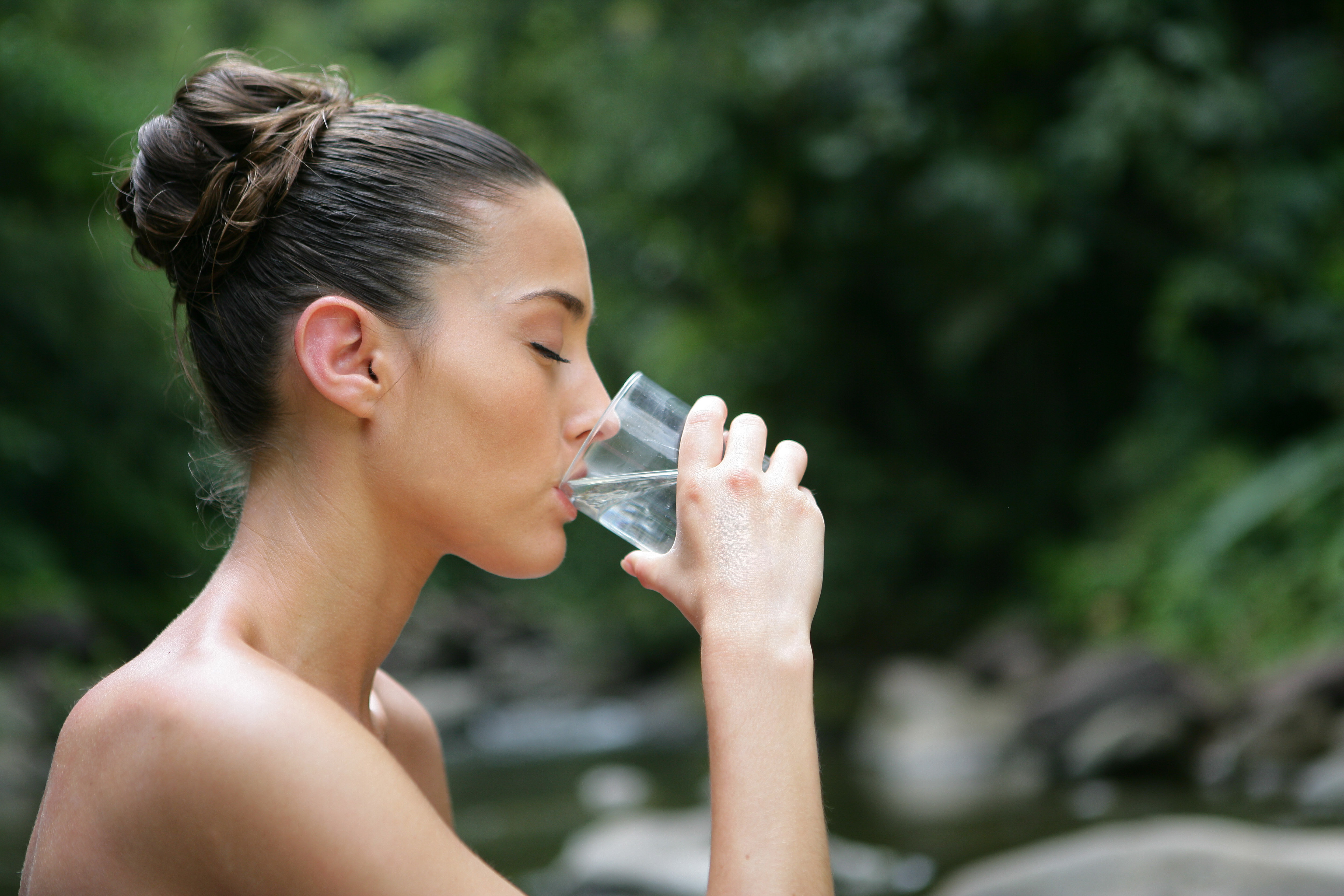
by Drinkingwaterfilter | Mar 19, 2023 | Aquasana, Drinking Water Filters, HEALTHY LIVING
Bottled water has become a popular choice for many people who want to stay hydrated while on-the-go. However, there are several disadvantages to drinking bottled water, both for your health and for the environment. In this blog post, we’ll explore the disadvantages of bottled water and why tap water is a better choice.
- Cost
One of the most obvious disadvantages of bottled water is the cost. While it may seem like a convenient option to grab a bottle of water on-the-go, the cost can quickly add up over time. On the other hand, tap water is much cheaper and readily available in most areas.
- Environmental Impact
Bottled water has a significant environmental impact, both in terms of the energy required to manufacture and transport the bottles, and in terms of the waste generated by discarded bottles. In fact, it is estimated that only around 30% of plastic water bottles are recycled, meaning that the majority of them end up in landfills or oceans, where they can take hundreds of years to decompose. In contrast, tap water does not generate any plastic waste and is a much more environmentally-friendly option.
- Quality Control
While bottled water companies claim that their water is pure and safe to drink, there have been several instances of contamination and recalls in recent years. In fact, some bottled water has been found to contain levels of contaminants like arsenic and lead that exceed federal safety standards. In contrast, tap water is regulated by the Environmental Protection Agency (EPA) and must meet strict safety standards before it is distributed to consumers.
- Lack of Regulation
Unlike tap water, which is heavily regulated by the government, bottled water is not subject to the same regulations. In fact, the FDA does not require bottled water companies to disclose the source of their water, the treatment process used, or any testing results. This lack of regulation means that it can be difficult for consumers to know exactly what they are drinking.
- Health Concerns
In addition to the quality control and lack of regulation issues, there are also health concerns associated with drinking bottled water. Plastic bottles can release harmful chemicals into the water, especially when they are exposed to heat or sunlight. Additionally, many bottled water companies add minerals and chemicals to their water to enhance the taste and smell, which can have negative health effects over time.
Conclusion In conclusion, while bottled water may seem like a convenient option, there are several disadvantages associated with it. From the cost to the environmental impact, the lack of regulation, and the potential health concerns, tap water is a better choice for both your health and the environment. By using a reusable water bottle and filling it with tap water, you can save money, reduce your environmental impact, and ensure that you are drinking safe and clean water.
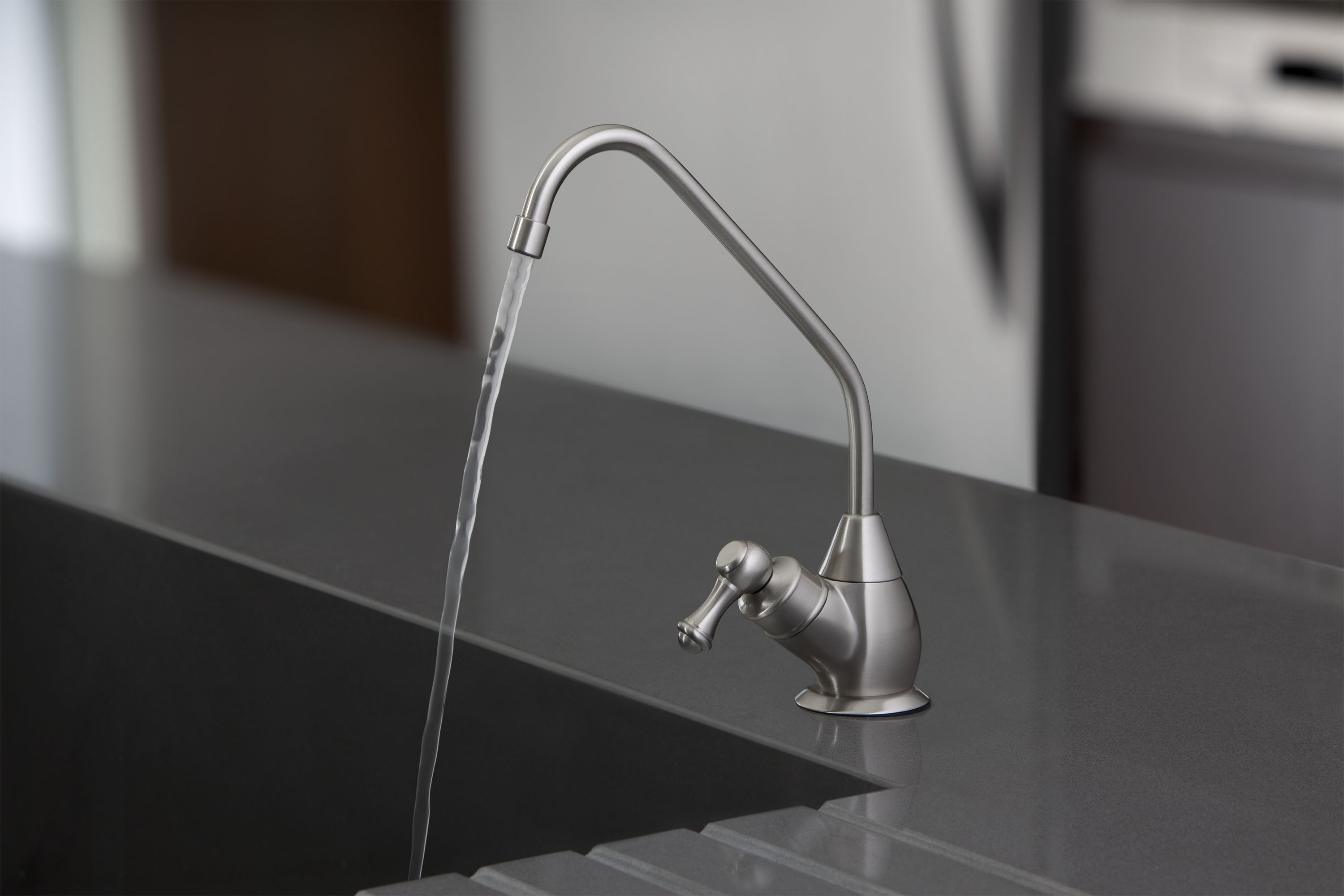
by Drinkingwaterfilter | Mar 19, 2023 | HEALTHY LIVING, Water
Water is essential for life, but the quality of our drinking water can vary greatly depending on where we live and how it is treated. In many cases, tap water can contain contaminants like lead, chlorine, and pesticides that can be harmful to our health. Installing a water filter in your home can help improve the taste, smell, and safety of your water, and provide several other benefits as well.
- Health Benefits
Drinking clean, filtered water can have many health benefits. By removing harmful contaminants, water filters can help prevent gastrointestinal problems, headaches, and other health issues that can result from exposure to contaminated water. They can also help remove chlorine and other chemicals that can dry out your skin and hair, leaving them looking and feeling healthier.
In addition to these immediate health benefits, drinking filtered water over time can also have long-term benefits. For example, it has been suggested that drinking water that is free from contaminants like lead and pesticides can help protect against certain types of cancer and other chronic health conditions.
- Environmental Benefits
In addition to the health benefits, using a water filter in your home can also be better for the environment. By reducing the need for bottled water, which generates plastic waste that often ends up in landfills and oceans, water filters can help reduce your carbon footprint and protect the planet.
- Financial Benefits
Using a water filter can also save you money in the long run. While the initial cost of purchasing and installing a water filter may be higher than simply drinking tap water, over time, it can help you save money on bottled water and other water filtration systems. Additionally, using a water filter can help extend the life of your plumbing fixtures and appliances, saving you money on repairs and replacements in the long run.
- Types of Water Filters
There are many different types of water filters available, each designed to meet different needs and preferences. Some of the most common types of water filters include:
- Carbon filters: These filters use activated carbon to remove contaminants like chlorine, volatile organic compounds (VOCs), and sediment from water.
- Reverse osmosis filters: These filters use a semi-permeable membrane to remove minerals, heavy metals, and other contaminants from water.
- UV filters: These filters use ultraviolet light to kill bacteria and other pathogens in water.
When choosing a water filter for your home, it is important to consider factors like the type of contaminants in your water, the flow rate of your water, and your budget.
Conclusion
In conclusion, installing a water filter in your home is a smart investment that can provide a range of benefits. From improved health to environmental and financial benefits, using a water filter is a simple and effective way to protect your health and the planet, while saving money in the long run. With so many different types of water filters available, there is sure to be one that is perfect for your home and your needs.

by Drinkingwaterfilter | Mar 19, 2023 | HEALTHY LIVING
Introduction: Waterborne diseases are caused by microorganisms that contaminate our water sources, including lakes, rivers, wells, and even treated municipal water supplies. These diseases can have serious health consequences, particularly for young children, the elderly, and people with weakened immune systems. In this blog post, we’ll explore a list of common waterborne diseases, their symptoms, and provide advice on how to prevent them.
List of Common Waterborne Diseases:
- Cholera: Cholera is caused by the bacterium Vibrio cholerae and is usually spread through contaminated water or food. Symptoms include severe diarrhea, vomiting, and dehydration.
- Typhoid fever: Typhoid fever is caused by the bacterium Salmonella typhi and is spread through contaminated water or food. Symptoms include high fever, weakness, stomach pain, and diarrhea.
- Hepatitis A: Hepatitis A is caused by the hepatitis A virus and is spread through contaminated water or food. Symptoms include fatigue, nausea, fever, and abdominal pain.
- Cryptosporidiosis: Cryptosporidiosis is caused by the parasite Cryptosporidium and is usually spread through contaminated water. Symptoms include diarrhea, stomach cramps, and fever.
- Giardiasis: Giardiasis is caused by the parasite Giardia lamblia and is usually spread through contaminated water. Symptoms include diarrhea, abdominal pain, and bloating.
Prevention Advice: Here are some ways to prevent waterborne diseases:
- Boil water: Boiling water is the most effective way to kill bacteria and viruses in water. Boil water for at least one minute before drinking.
- Use a water filter: Use a water filter to remove contaminants from your drinking water. Make sure to choose a filter that is certified to remove the specific contaminants in your water.
- Use bottled water: Use bottled water if you’re unsure about the quality of your tap water. Make sure to choose a reputable brand that is certified by a regulatory agency.
- Practice good hygiene: Wash your hands regularly with soap and water, especially before eating or handling food.
- Avoid swimming in contaminated water: Avoid swimming in lakes, rivers, or other bodies of water that may be contaminated with fecal matter.
Conclusion: Waterborne diseases can have serious health consequences, but there are ways to prevent them. By taking precautions such as boiling water, using a water filter, and practicing good hygiene, you can help protect yourself and your family from these illnesses.
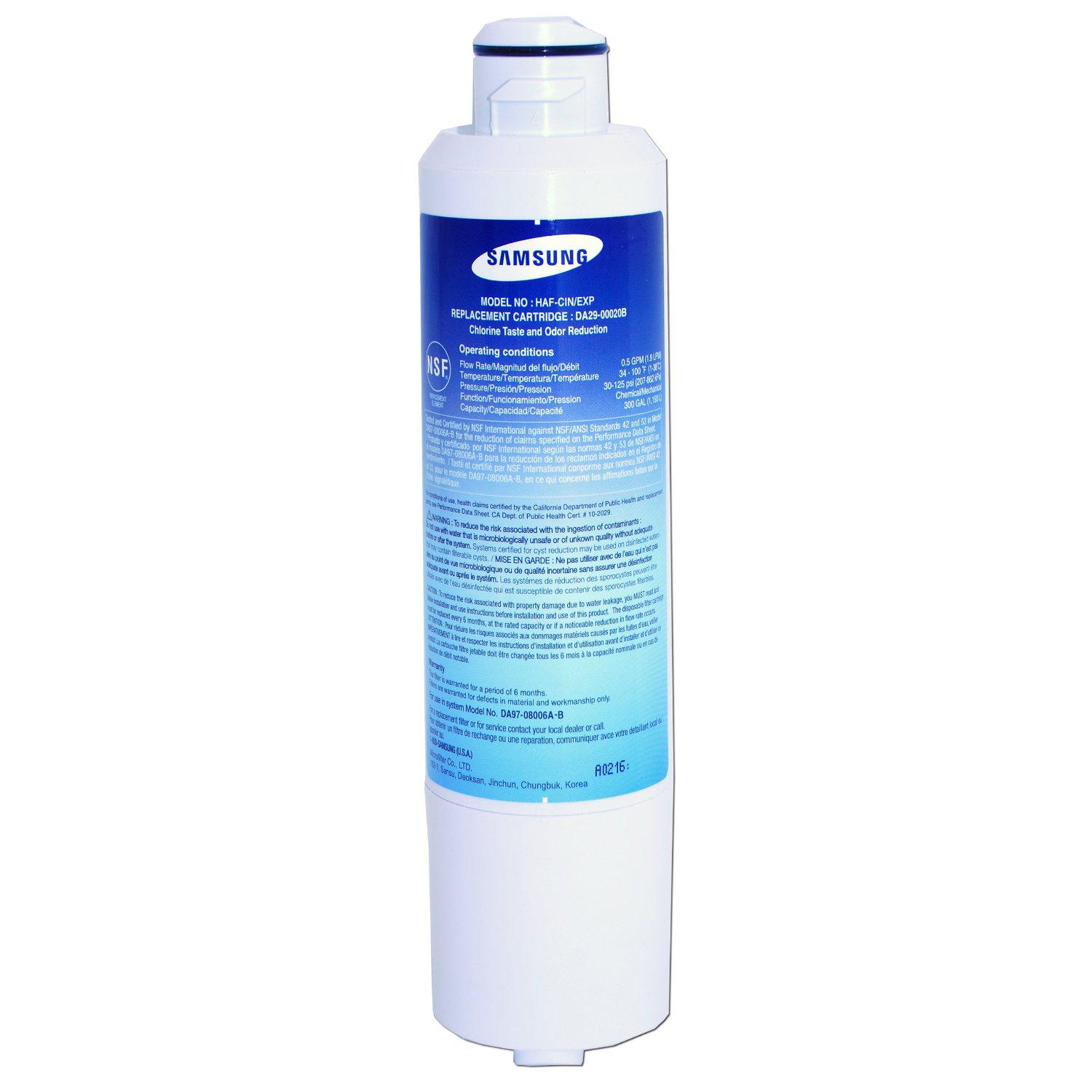
by Drinkingwaterfilter | Jul 31, 2013 | Drinking Water Filters, Refrigerator Water Filter, Samsung
Samsung HAF-CIN DA29-00020B Refrigerator replacement water filter for RS267, RFS265, RS263, RS261, RFG293, RF4287 Samsung Refrigerator.
Product Features
- Delivers clean, clear water that looks and tastes great
- Uses revolutionized technology for water filtration, most of the impurities that water has are filtered away
- Protects the components of your refrigerator from potential sediment
- It eliminates the expense and inconvenience of purchasing bottled water at a store or scheduling home delivery of bottled water
- Does not remove minerals which may be beneficial to health such as fluoride
(more…)
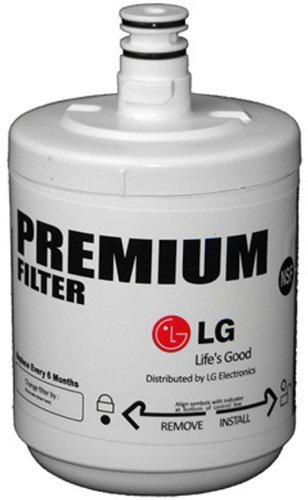
by Drinkingwaterfilter | Jul 30, 2013 | Drinking Water Filters, LG
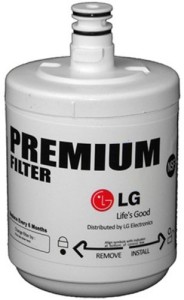
One Pack LG LT500P Vertical Refrigerator Water Filter for LG LSC26905TT, LSC21935SB, LSC21935SW, LSC21935TT refrigerators.
Product Features
- Delivers clean, clear water that looks and tastes great
- Uses revolutionized technology for water filtration, most of the impurities that water has are filtered away
- Designed to provide up to 6-months of life or 500-gallons
- Does not remove minerals which may be beneficial to health such as fluoride
- The materials used in making LG water filters by CUNO are top quality materials ensuring that the products last longer
(more…)






